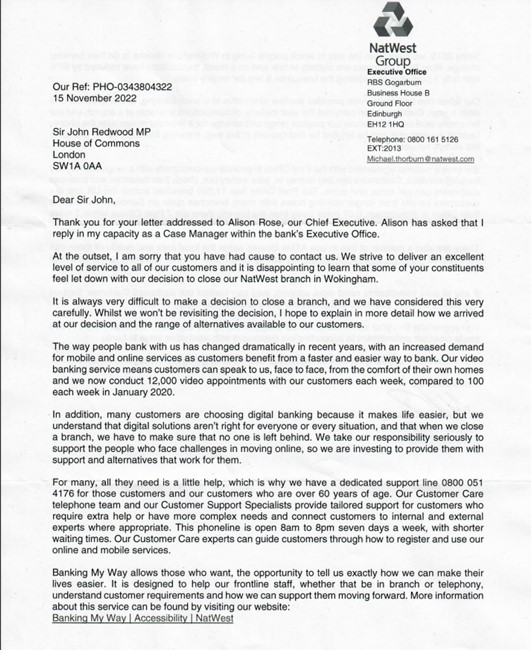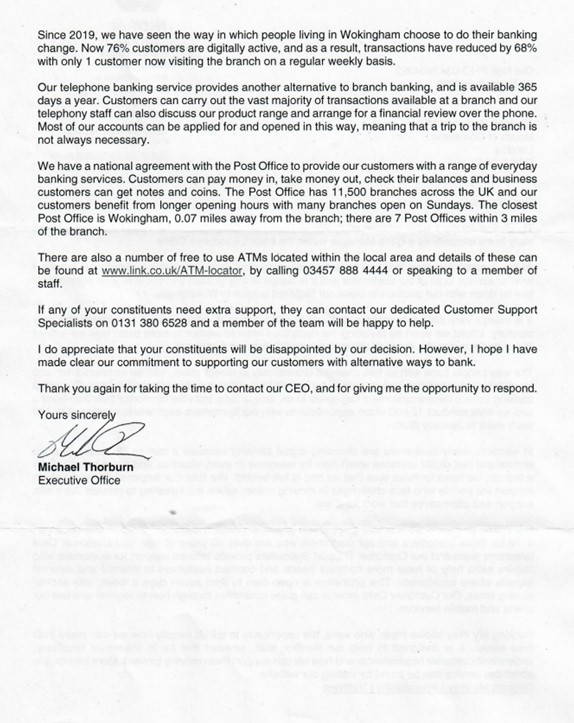Why is the Bank of England so far out of line on bond losses?
Four of the big five Central Banks have undertaken money creation and bond buying – the US Fed, the European Central Bank, the Bank of Japan and the Bank of England. The Peoples Bank of China thought it a bad idea. Three of them are sitting on huge losses on the value of their bond portfolios – US, ECB, UK. The same three are also losing money daily on the gap between the income the bonds earn and the cost of commercial bank reserves placed with them now they have raised interest rates. The capital losses on the bonds are much bigger than the running losses on the interest charges.
There is no need to accelerate and worsen the large losses by taking them early through market sales of the bonds. The Bank of Japan with the largest bond portfolio relative to the size of the economy has kept rates at zero so does not have the same problems. It intends to keep rates at zero to avoid these issues. It can still afford to do so as it did not balloon the money supply in the way the other three did causing excessive inflation, though Japanese inflation has reached an unusually high but probably temporary level of 3.7% recently. China has inflation at 2.1% showing that a large energy importer did not need to have inflation , because they had a money target for their Bank and kept it under good control.
All three Central banks with losses are sitting on negative capital were they to take the losses. This has led to a divergence in approach. The US Fed has ploughed on with aggressive rate rises and with sales of the bonds into a falling market, taking large loses as a result. The US Treasury refuses to reimburse the Fed for the losses and says it does not matter if the realised bond losses exceed the capital of the Bank, as they will quite soon. They rightly argue a central Bank cannot go bust, as it can always create money to pay its bills. The US Fed will account for the losses in a special way to allow the Central Bank to carry on as if nothing has happened. In contrast the ECB , alarmed by potential losses and the adverse impact of selling bonds into a falling market refuses to sell bonds at a loss. Meanwhile the ECB itself is telling the member states Central Banks that “own” the ECB they will be responsible for 80% of the losses made on repayment of bonds by governments as they fall due. The member states central banks will come to their own view of whether to ask for capital grants from their governments or whether to adopt the US approach of just leaving the losses within the accounts of the Central Bank.
Only the UK is burdening the Treasury and taxpayers with totally unacceptable losses for no good reason. Money policy does not need sales of bonds. They will run off at a slower pace and with lower overall losses if just held to repayment. There is no need to recapitalise the Bank from tax revenues as this happens. You can follow the Fed. This has always been a policy controlled by the Treasury, with the Bank stating clearly on its website that it carries out the bond buying – and therefore selling – for the Treasury as agent. It has always needed Chancellor sign off.

